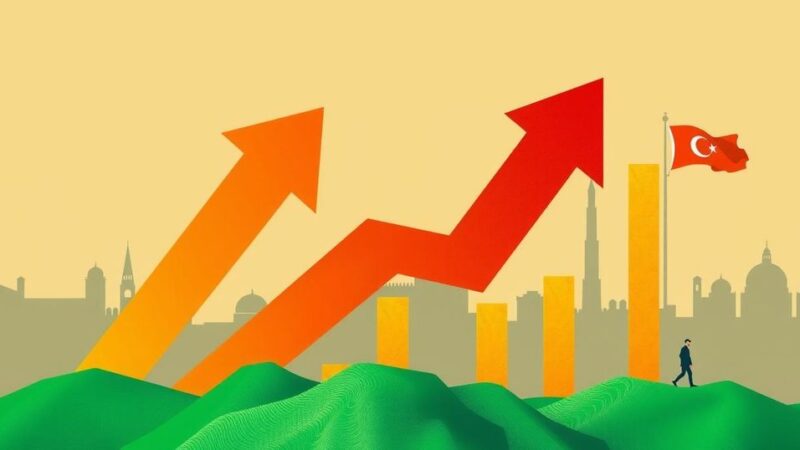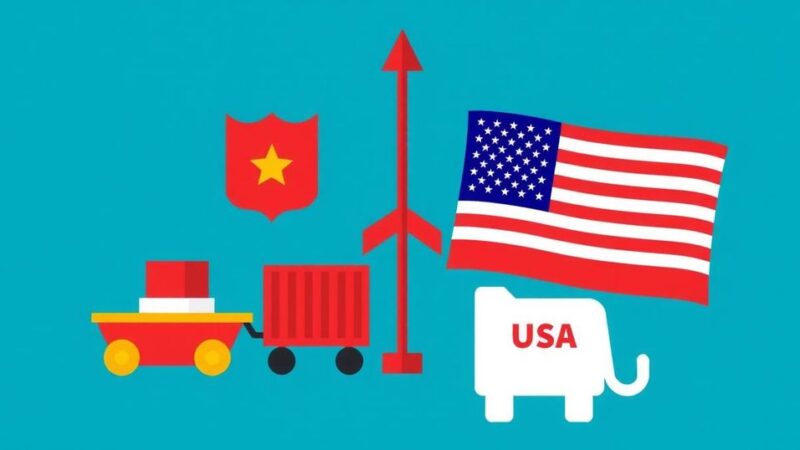Argentina’s economy is troubled by high inflation and debt. Government policies aim for recovery, particularly in agriculture, but effectiveness is uncertain. Attracting foreign investment is also crucial amidst ongoing challenges.
The Argentine economy is currently in a state of turmoil, grappling with high inflation rates and significant debt levels. Economic instability has escalated, raising concerns among citizens about purchasing power and overall financial security. The government is implementing policies aimed at economic recovery, though the effectiveness of these measures remains to be seen. Additionally, foreign investment is critical for recovery, yet many investors express hesitance due to ongoing challenges.
Moreover, Argentina’s agriculture sector, a key component of its economy, continues to be impacted by these conditions. Economic policies and climate factors affect agricultural production, which in turn influences national wealth. As the nation navigates through these tough times, the interplay between domestic policies and international market conditions will be pivotal for Argentina’s economic future.
In summary, Argentina is facing significant economic challenges characterized by high inflation and substantial debt. The government’s efforts to stabilize the economy are underway, particularly focusing on agriculture and attracting foreign investment. However, the pathway to recovery appears complex and uncertain, with various factors requiring careful management to restore economic stability and growth.
Original Source: www.chronicleonline.com






